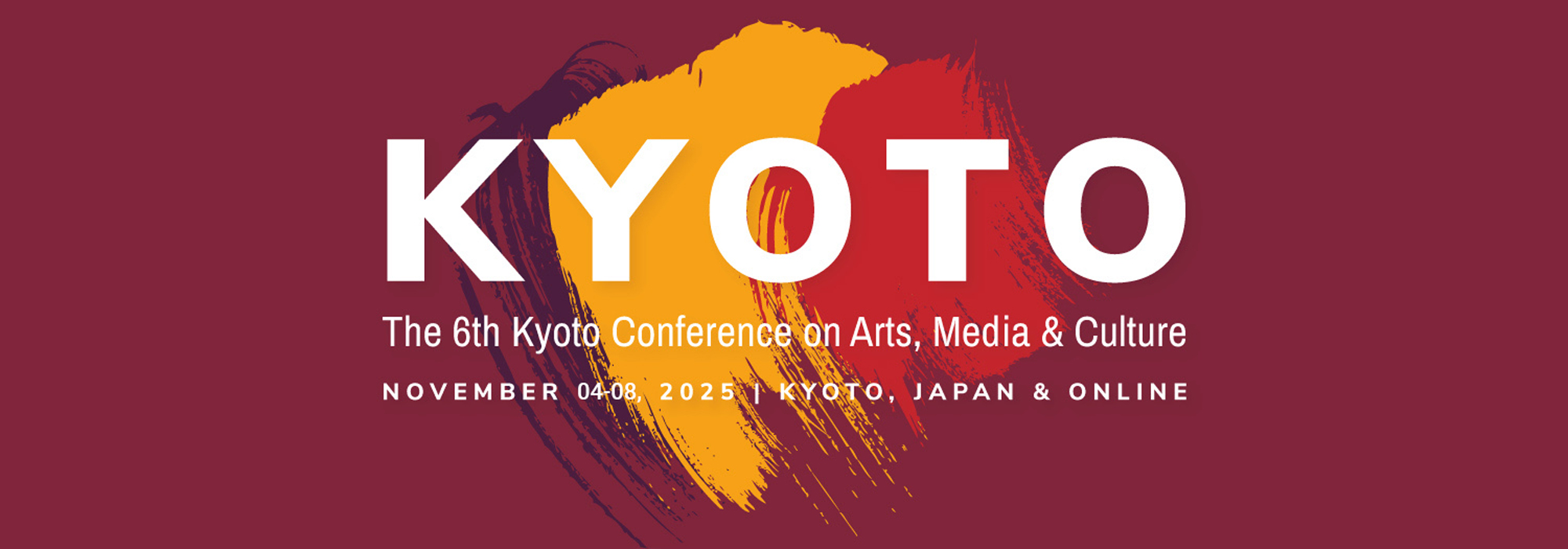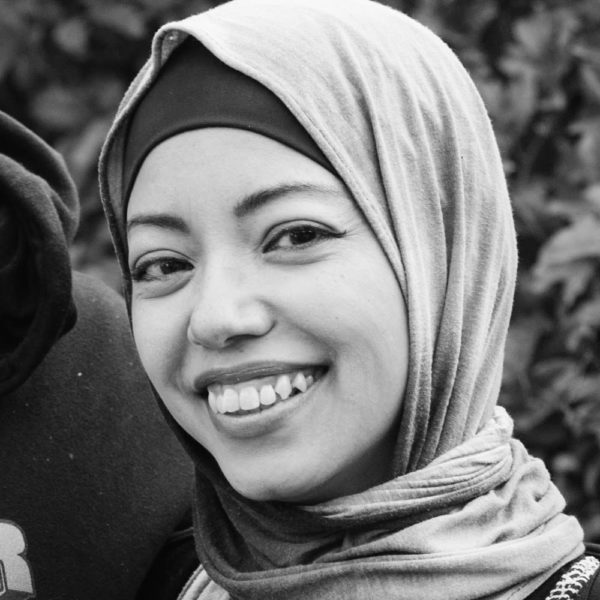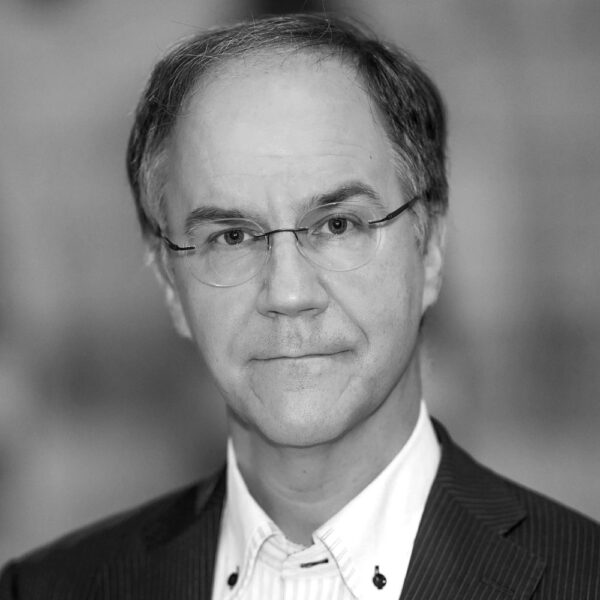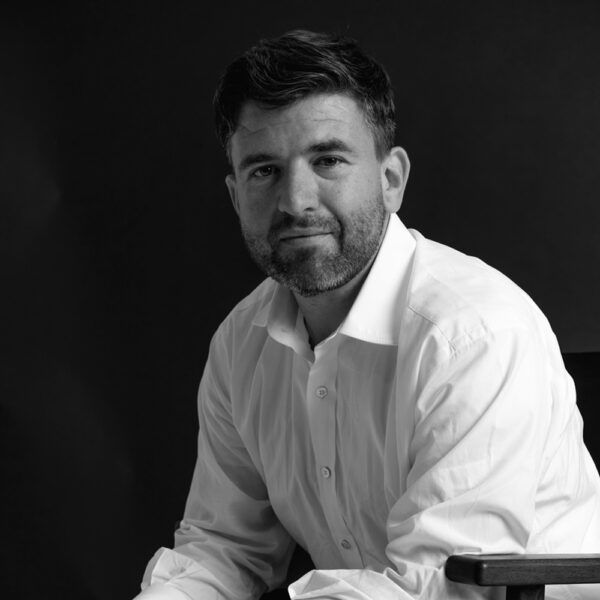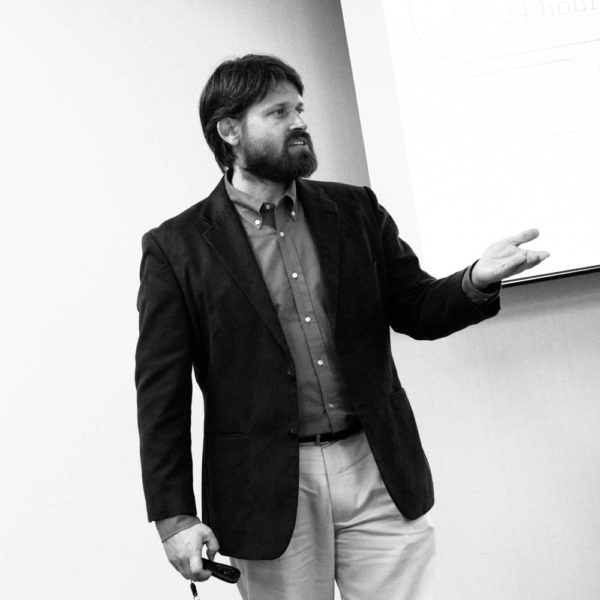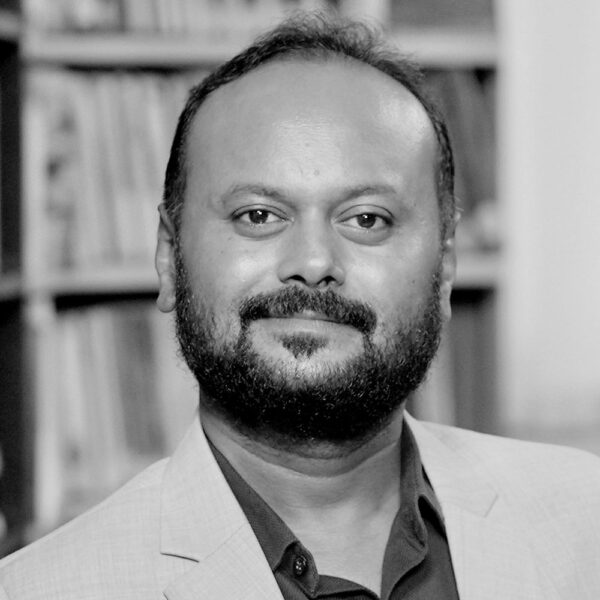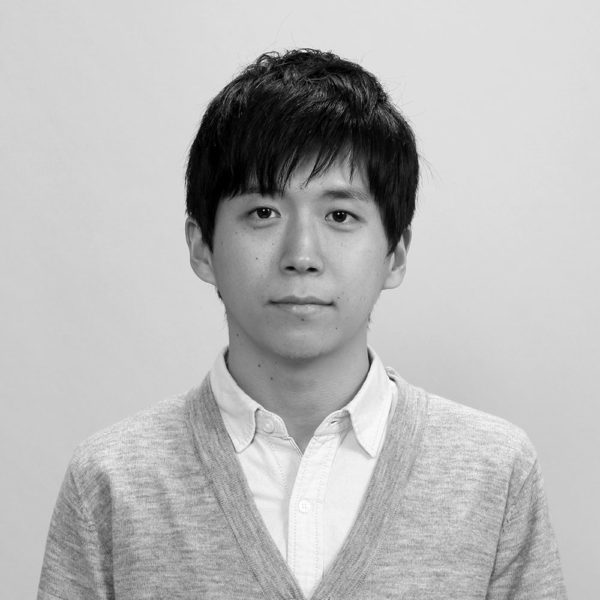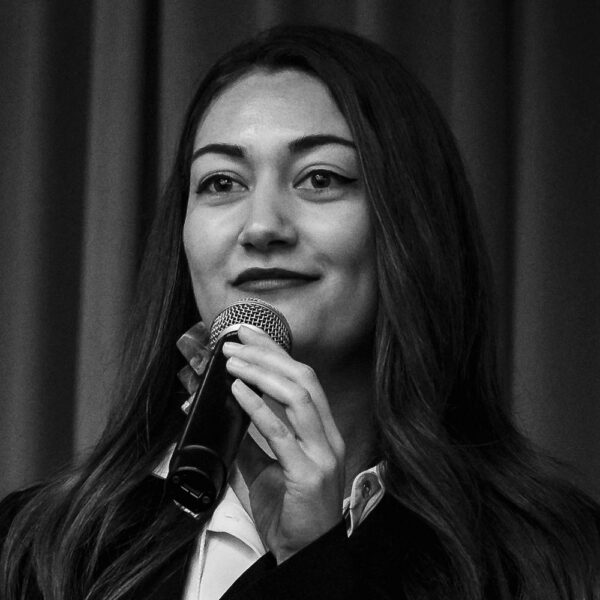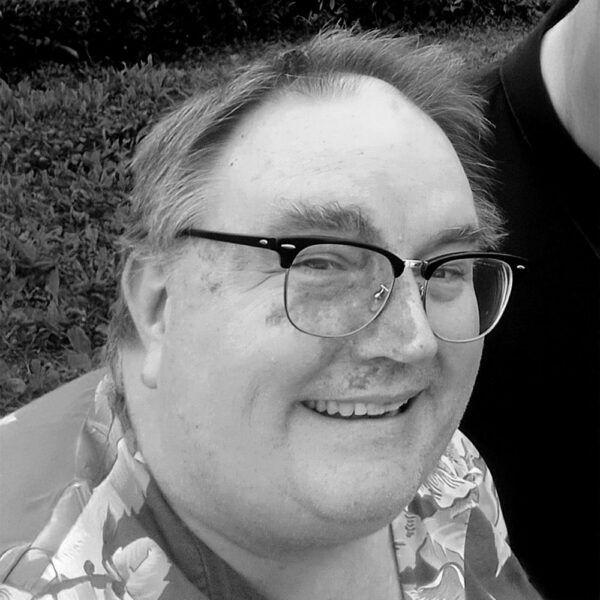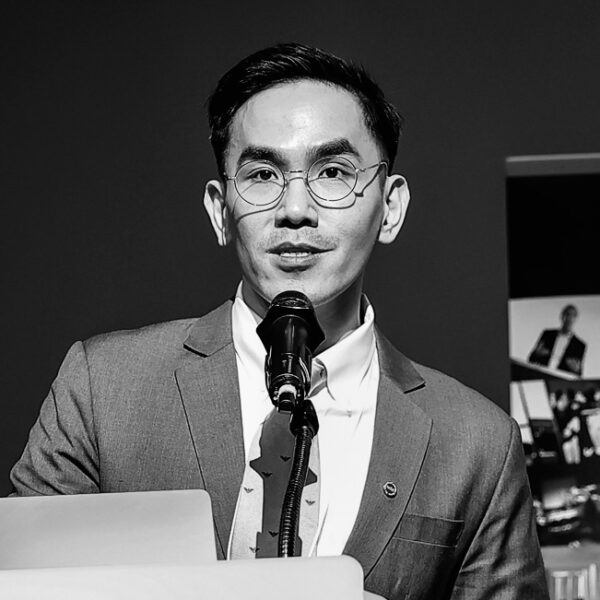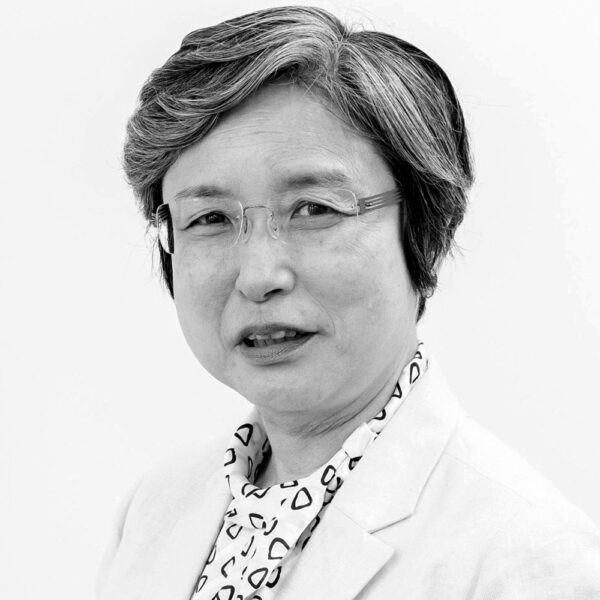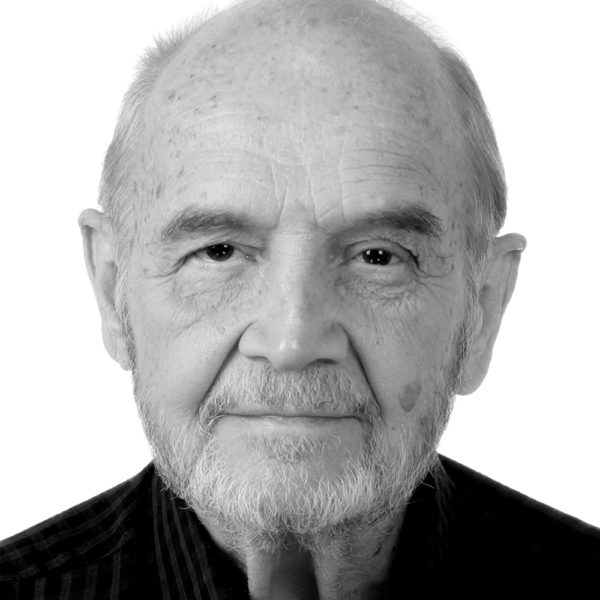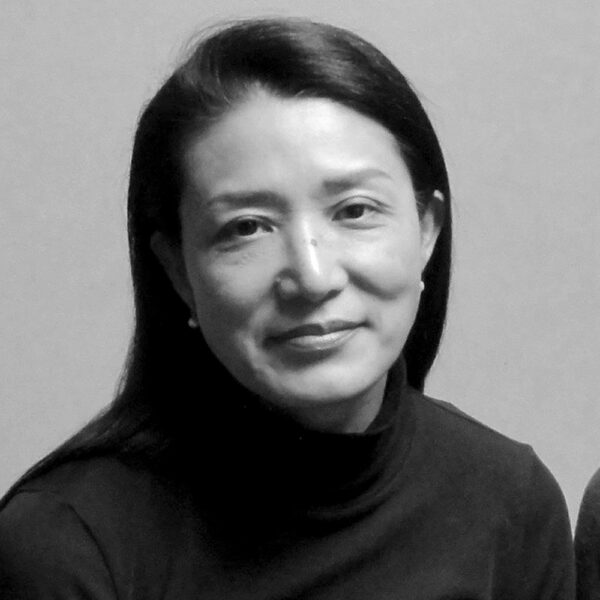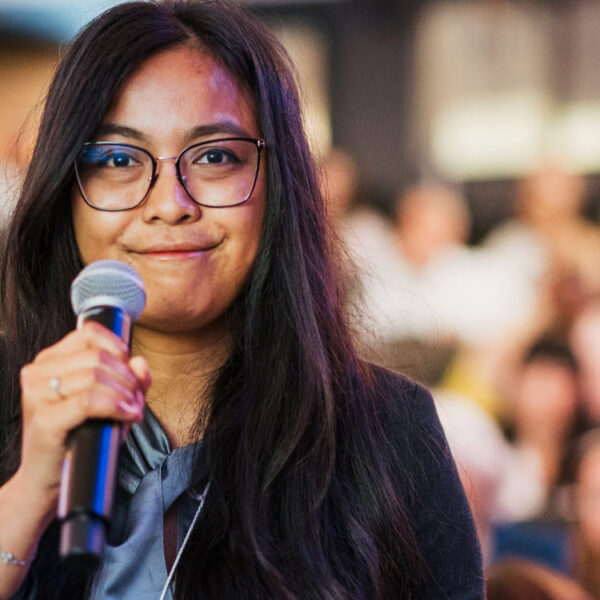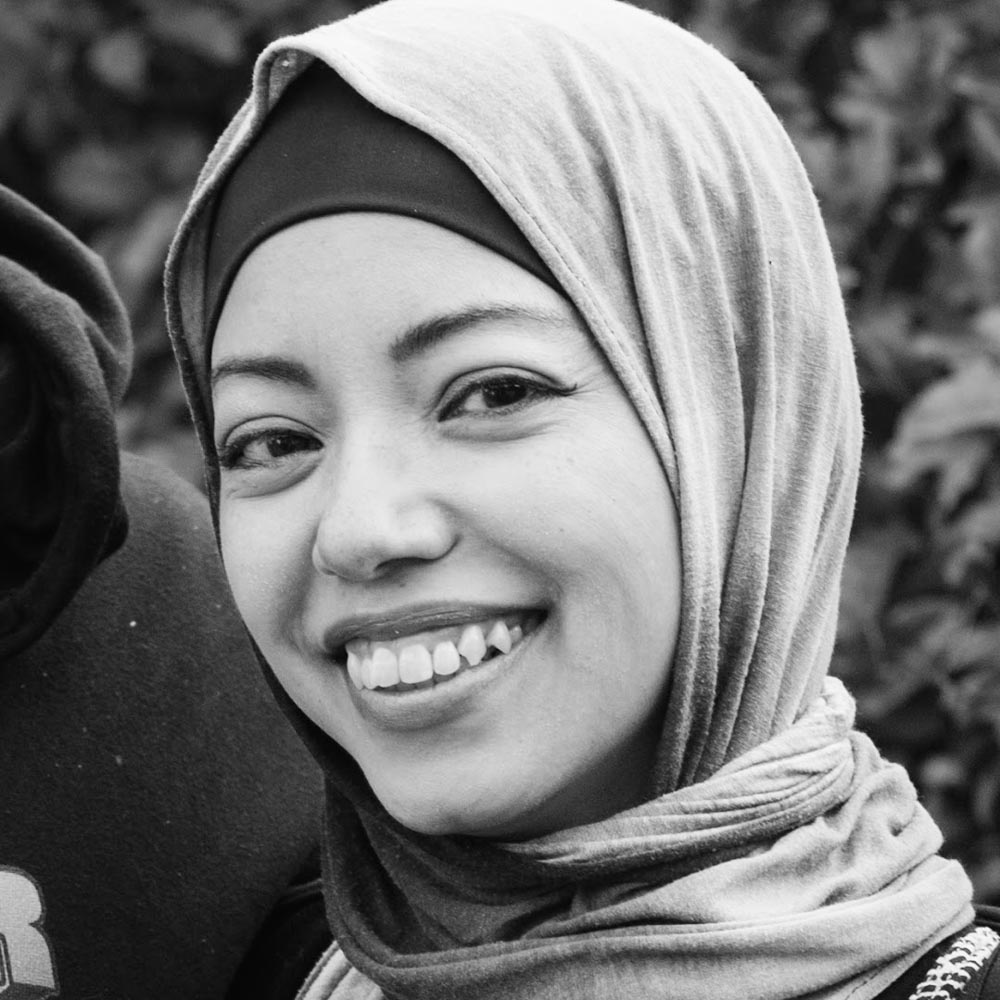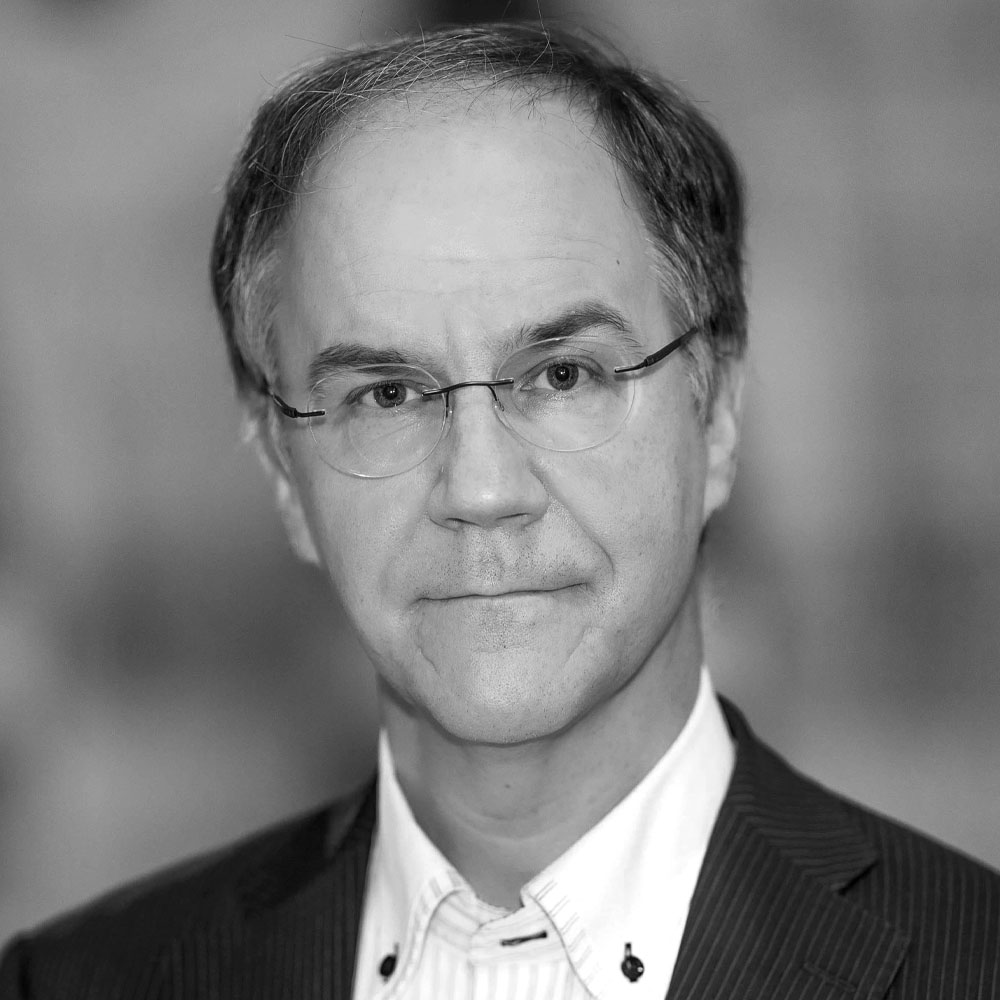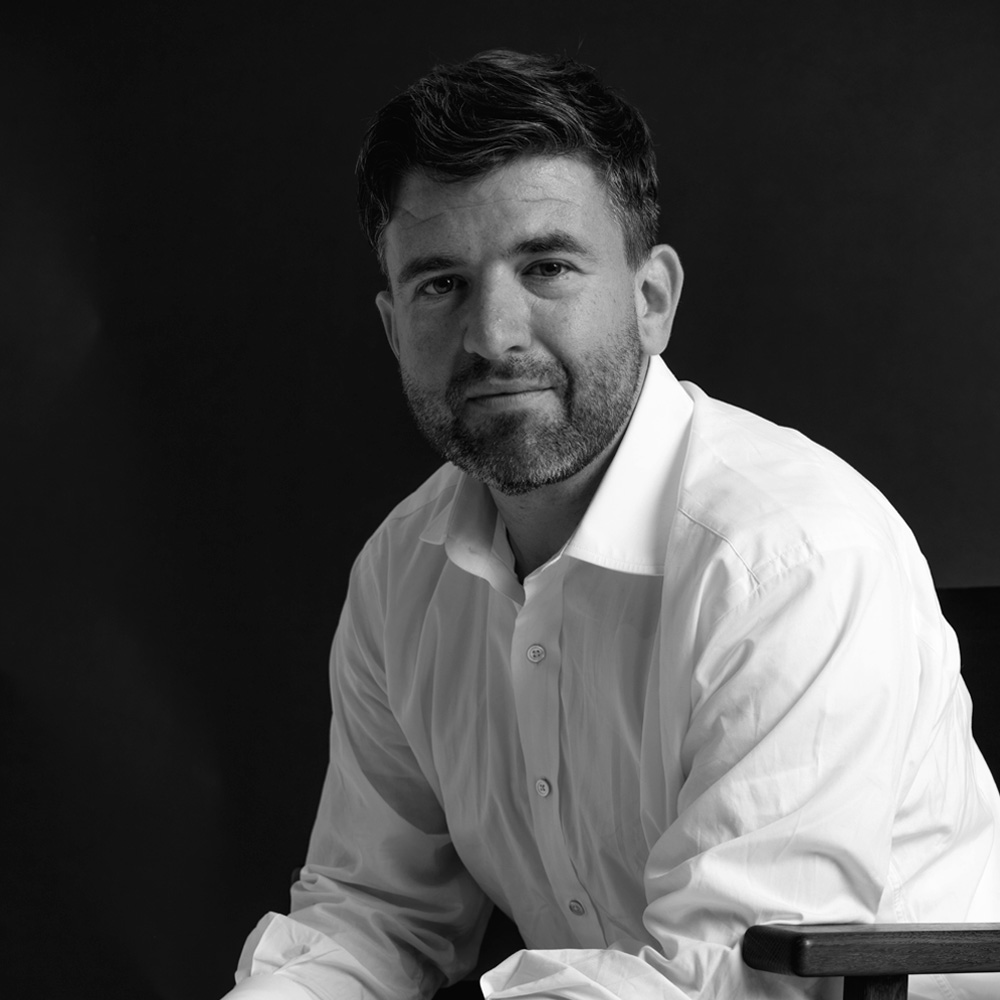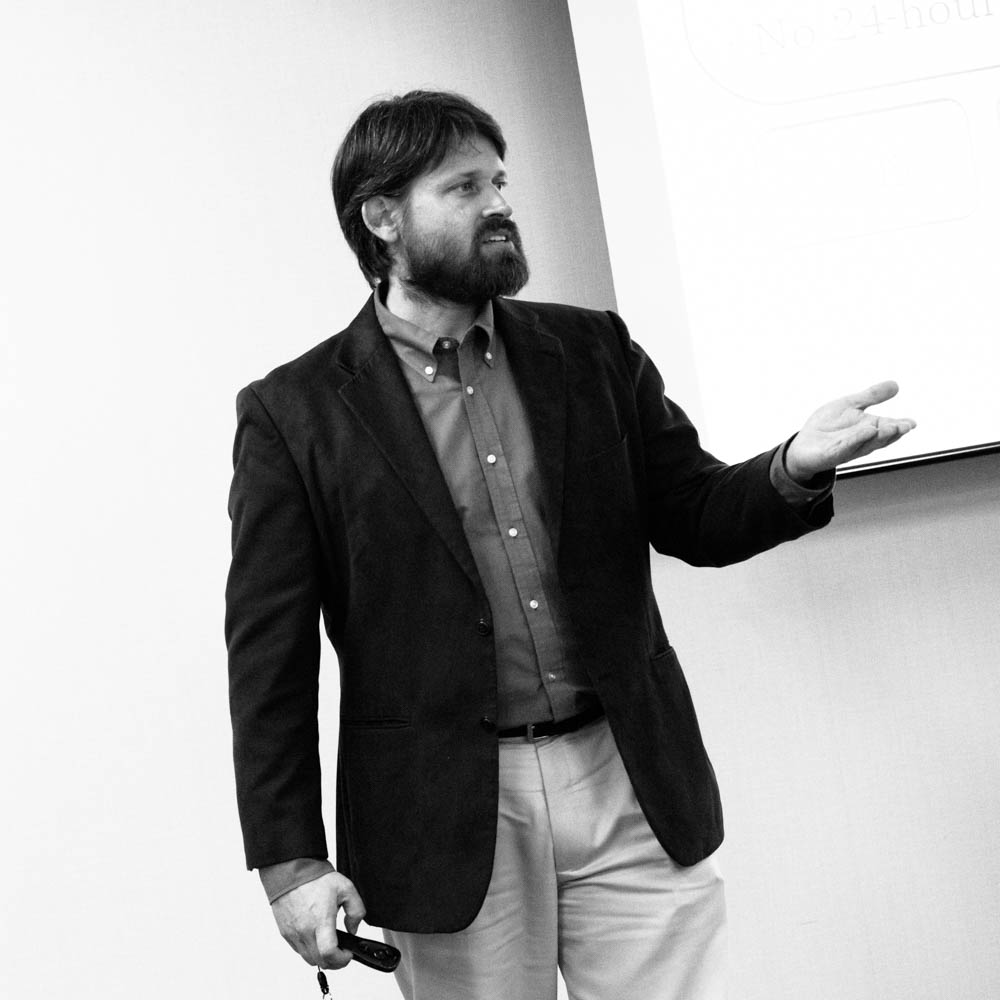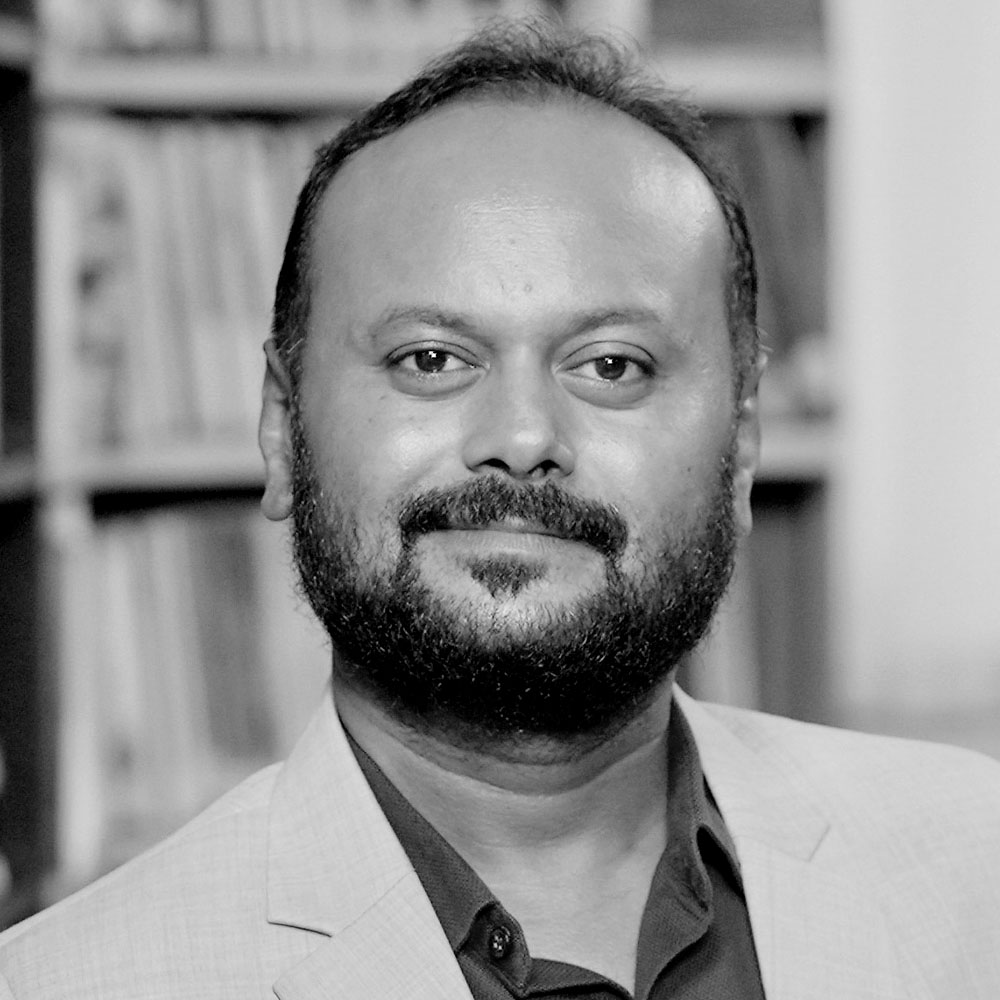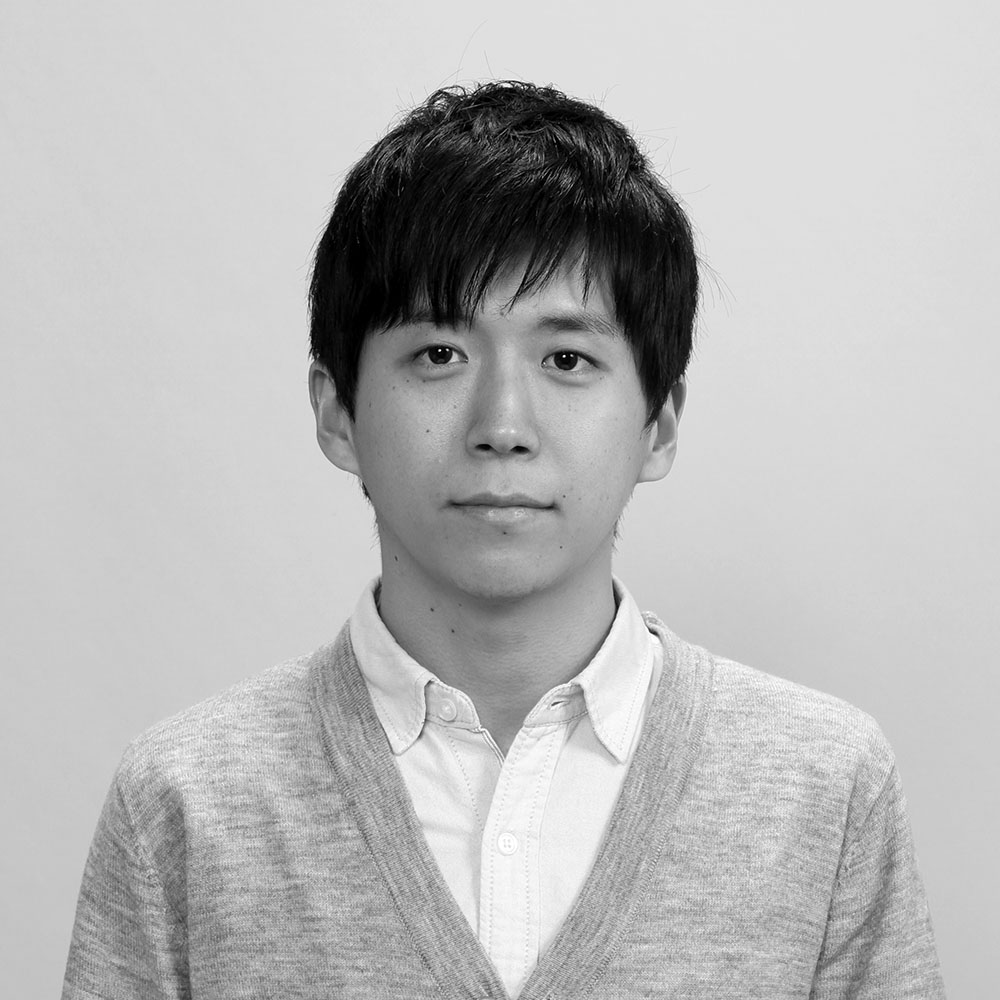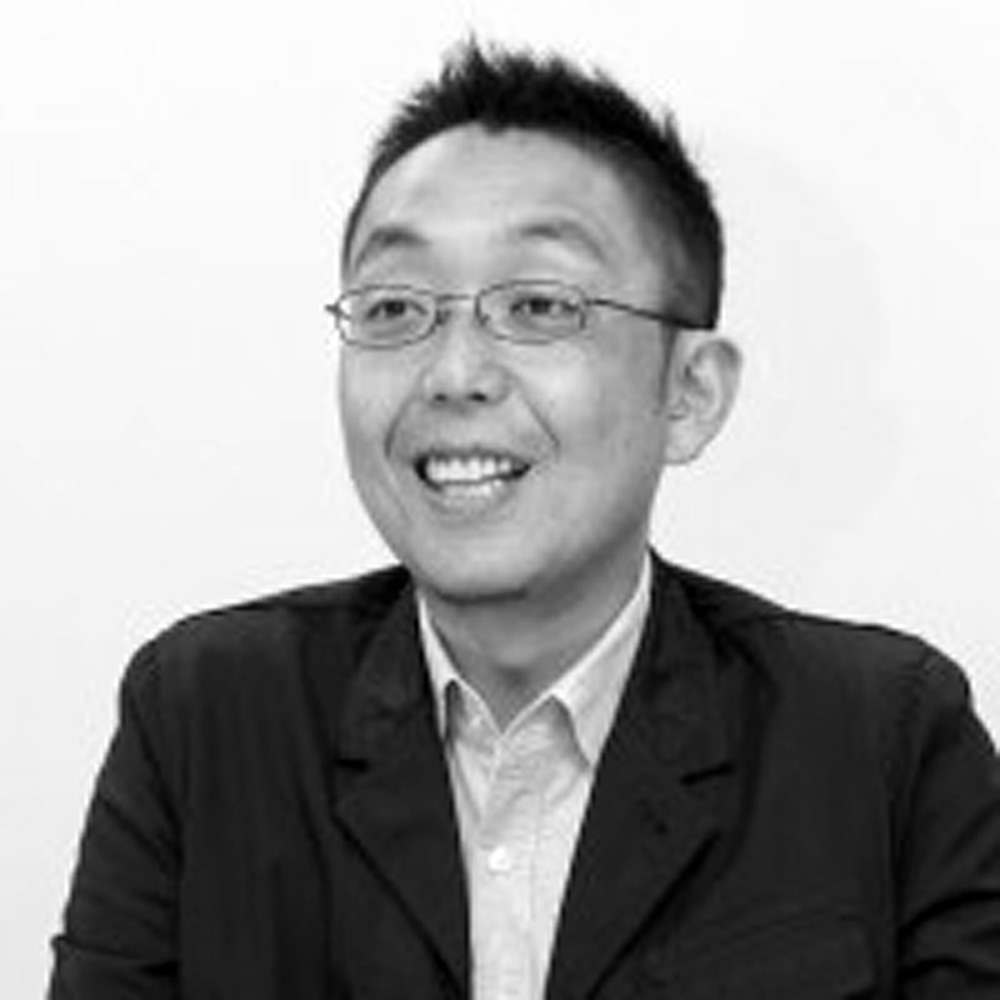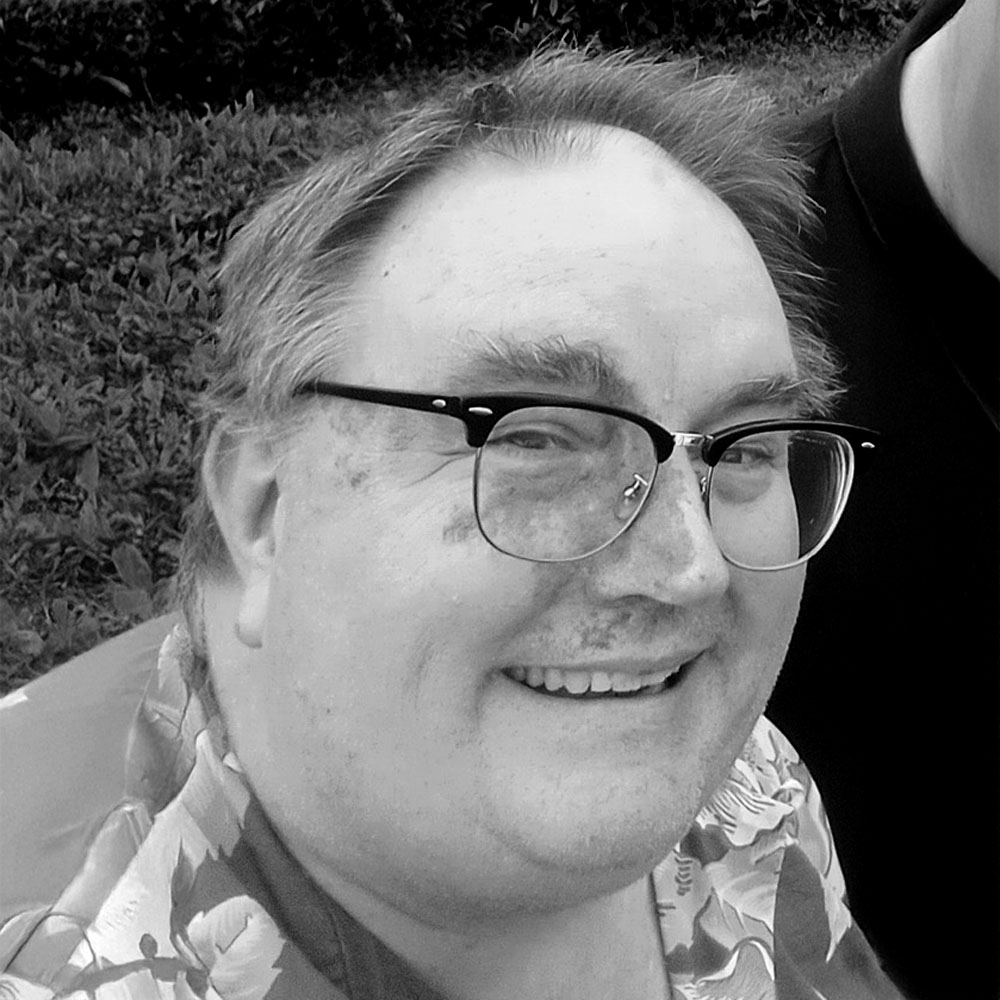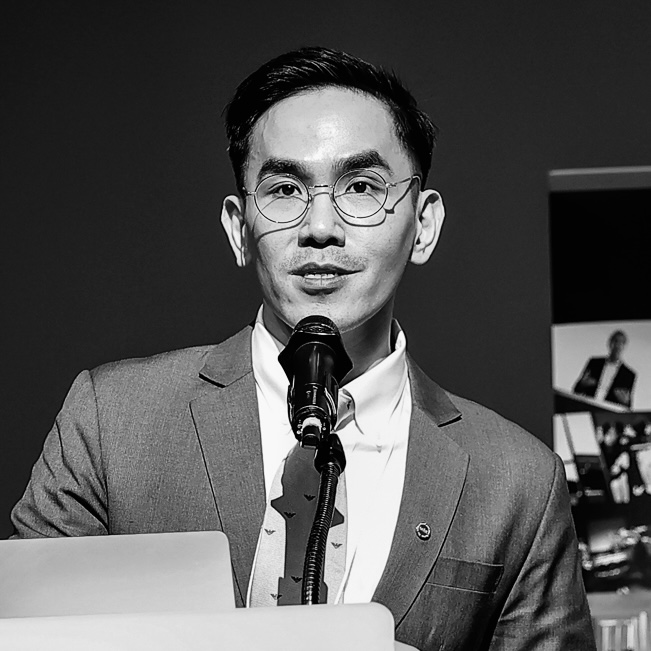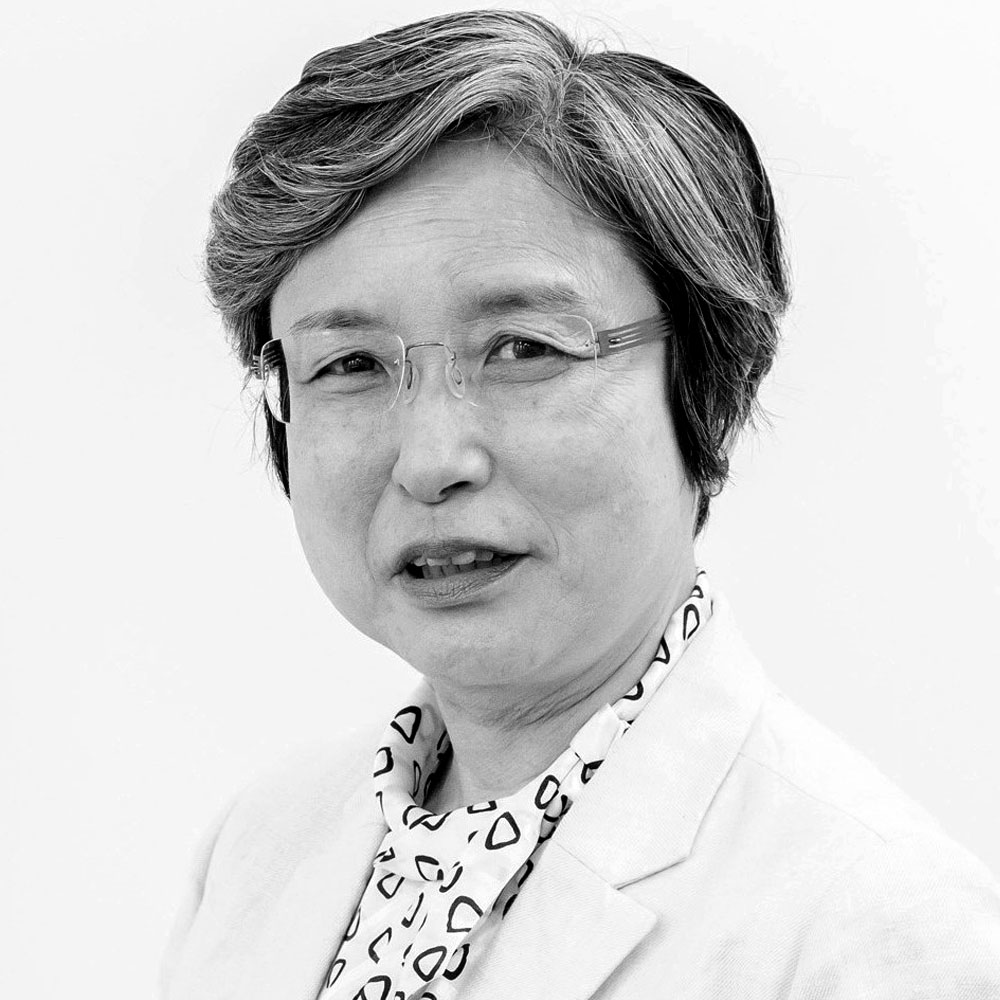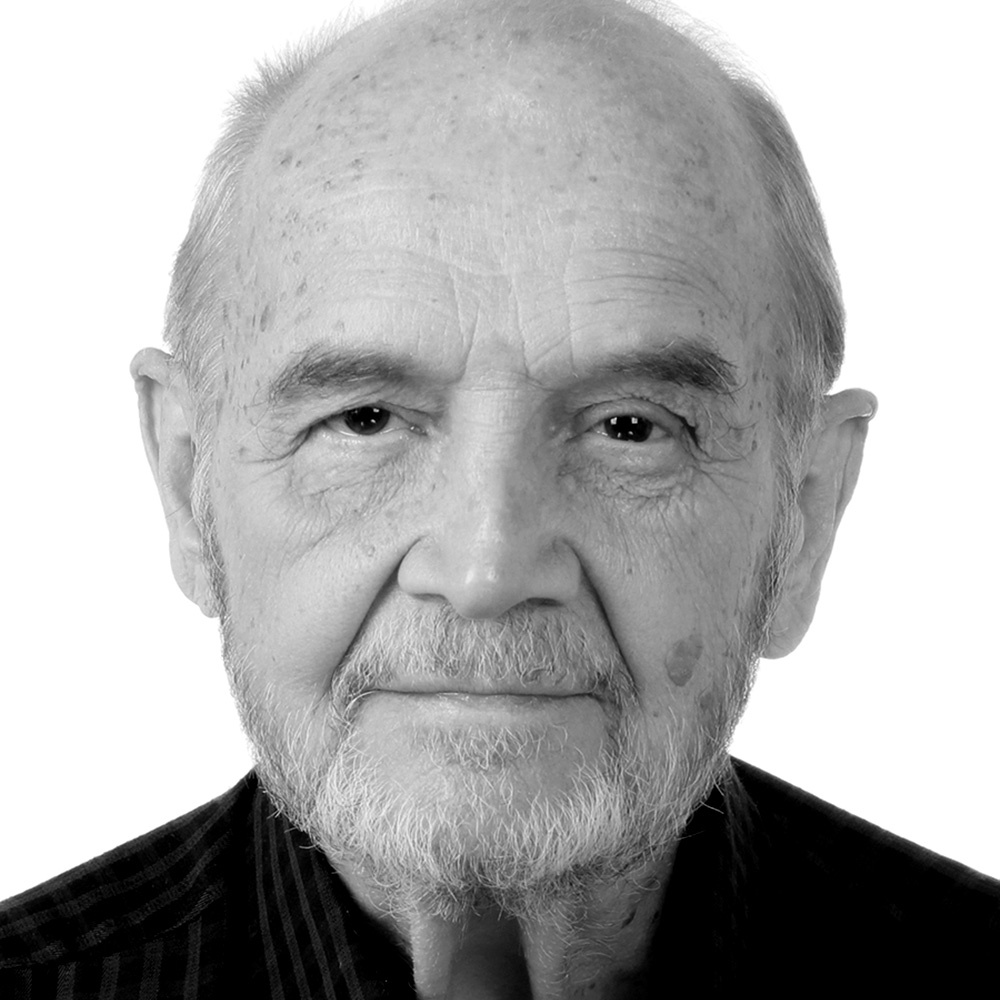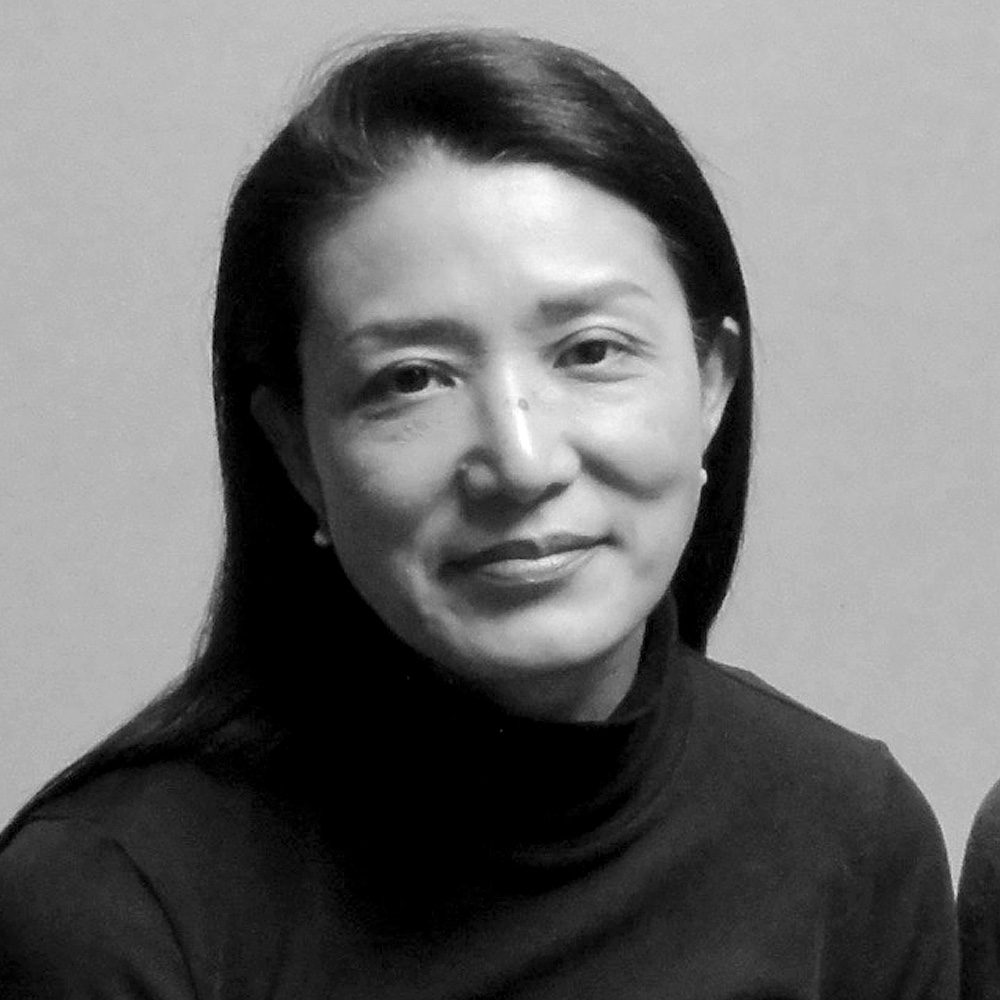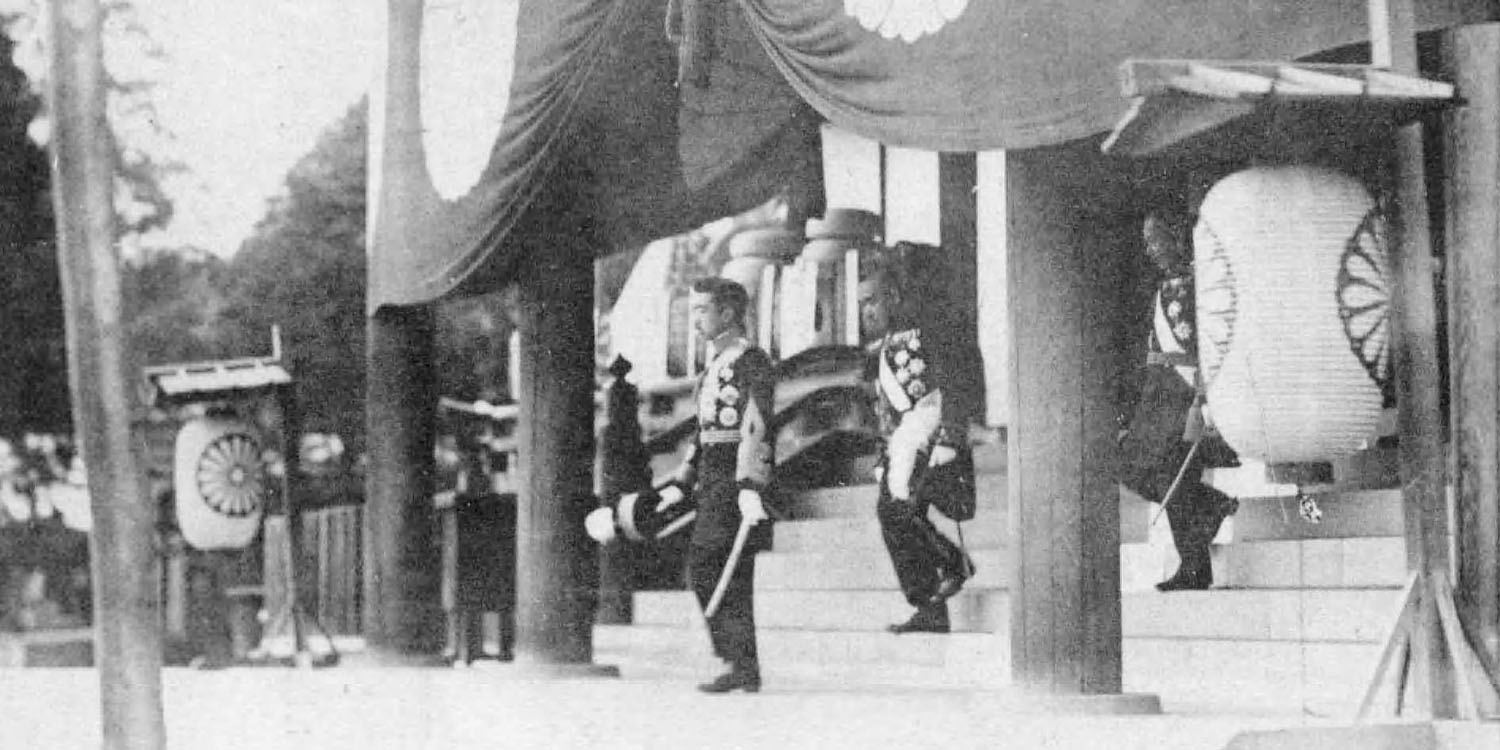KAMC is organised by IAFOR in association with the IAFOR Research Centre at the Osaka School of International Public Policy (OSIPP) in The University of Osaka, Japan.
Join us in Kyoto for KAMC2025!
November 04-08, 2025 | Held in Kyoto, Japan, and Online

KAMC2025 encourages academics and scholars to meet and exchange ideas and views in an international forum stimulating respectful dialogue. This event will afford an exceptional opportunity for renewing old acquaintances, making new contacts, networking, and facilitating partnerships across national and disciplinary borders.


IAFOR's unique global platform facilitates discussion around specific subject areas, with the goal of generating new knowledge and understanding, forging and expanding new international, intercultural and interdisciplinary research networks and partnerships. We have no doubt that KAMC2025 will offer a remarkable opportunity for the sharing of research and best practice and for the meeting of people and ideas.
The 6th Kyoto Conference on Arts, Media & Culture (KAMC2025) will be held alongside The 16th Asian Conference on Media, Communication & Film (MediAsia2025). Registration for either conference will allow delegates to attend sessions in the other.
We look forward to seeing you in Kyoto and online!
– The KAMC2025 Programme Committee
KAMC is organised by IAFOR in association with the IAFOR Research Centre at the Osaka School of International Public Policy (OSIPP) in The University of Osaka, Japan.
- Venue & Location: Held in Kyoto, Japan, and Online
- Dates: Tuesday, November 04, 2025 to Saturday, November 08, 2025
- Early Bird Abstract Submission Deadline: May 30, 2025*
- Final Abstract Submission Deadline: August 01, 2025
- Registration Deadline for Presenters: September 12, 2025
*Submit early to take advantage of the discounted registration rates. Learn more about our registration options.
Plenary Speakers
-
Nasya BahfenLa Trobe University, Australia
-
Aaron GerowYale University, United States
-
Joseph HaldaneThe International Academic Forum (IAFOR), Japan
-
Virgil HawkinsOsaka University, Japan
-
Padmakumar KManipal Academy of Higher Education, India
-
Yutaka KuboKanazawa University, Japan
-
Melina NeophytouThe International Academic Forum (IAFOR), Japan
-
Nobuyuki OkumuraMusashi University, Japan
-
Timothy W. PollockOsaka Kyoiku University, Japan
-
Apipol Sae-TungThe International Academic Forum (IAFOR), Japan
-
Reiko TsuchiyaWaseda University, Japan
-
Brian VictoriaOxford Centre for Buddhist Studies, UK
-
Mitsuyo Wada-MarcianoKyoto University, Japan
Programme
-
The Shōwa Restoration in 1930s Japan: True National SocialismKeynote Presentation: Brian Victoria
-
Reshaping the Soundscape: Adaptations, Innovations, and Hindrances in India’s Commercial FM Radio ChannelsKeynote Presentation: Padmakumar K
-
Generative AI and Legacy Media: Potentials and PitfallsThe Forum: Nasya Bahfen, Apipol Sae-Tung
-
Japanese Newspaper Coverage of the WorldPanel Discussion: Virgil Hawkins, Nobuyuki Okumura, Reiko Tsuchiya, Joseph Haldane
-
Expanding Film and Media History: Lessons from JapanRoundtable Discussion: Aaron Gerow, Yutaka Kobo, Mitsuyo Wada-Marciano, Timothy W. Pollock
Conference Committees
The International Academic Board (IAB)
Professor Anne Boddington, IAFOR, Japan (IAB Chair)
Dr Joseph Haldane, IAFOR & The University of Osaka, Japan, & University College London, United Kingdom
Professor Jun Arima, IAFOR & The University of Tokyo, Japan
Professor Virgil Hawkins, IAFOR Research Centre & The University of Osaka, Japan
Mr Lowell Sheppard, IAFOR & Never Too Late Academy, Japan
Professor Umberto Ansaldo, VinUniversity, Vietnam
Dr Susana Barreto, University of Porto, Portugal
Professor Grant Black, Chuo University, Japan
Dr Evangelia Chrysikou, Bartlett School of Sustainable Construction, University College London, United Kingdom
Professor Donald E. Hall, Binghamton University, United States
Professor Brendan Howe, Ewha Womans University, South Korea & The Asian Political and International Studies Association (APISA)
Dr James W. McNally, University of Michigan, United States & NACDA Program on Aging
Conference Programme Committee
Dr Nasya Bahfen, La Trobe University, Australia
Dr Thomas G. Endres, University of Northern Colorado, United States
Dr Joseph Haldane, IAFOR and The University of Osaka, Japan, & University College London, United Kingdom
Professor Bradley J. Hamm, Medill School of Journalism, Northwestern University, United States
Dr Virgil Hawkins, The University of Osaka, Japan
Dr Gloria Khamkar, Bournemouth University, United Kingdom
Professor Timothy W. Pollock, Osaka Kyoiku University / Osaka Metropolitan University, Japan
Professor Padma Rani, Manipal Academy of Higher Education, India
Dr Paul Spicer, Hokkaido University, Japan
Conference Review Committee
Dr Rattaakkhatee Akkharateerathitiphum, Srinakharinwirot University, Thailand
Dr Suffian Hadi Ayub, Universiti Teknologi MARA, Malaysia
Professor Kuei-lun Chang, Ming Chuan University, Taiwan
Dr Chin-hui Chen, National Pingtung University of Science and Technology, Taiwan
Dr D. Christina Sagaya Dhiraviam, Loyola College, Chennai, India
Dr Malektaj Khosravi, Tehran Central Branch, Islamic Azad University, Iran
Dr Ho Keat Leng, National Tsing Hua University, Taiwan
Dr Supriya M, The Dalai Lama Institute for Higher Education, India
Dr Alisa Nutley, Chiang Mai University, Thailand
Dr Evgeny Pyshkin, University of Aizu, Japan
Dr Paul Spicer, Hokkaido University, Japan
